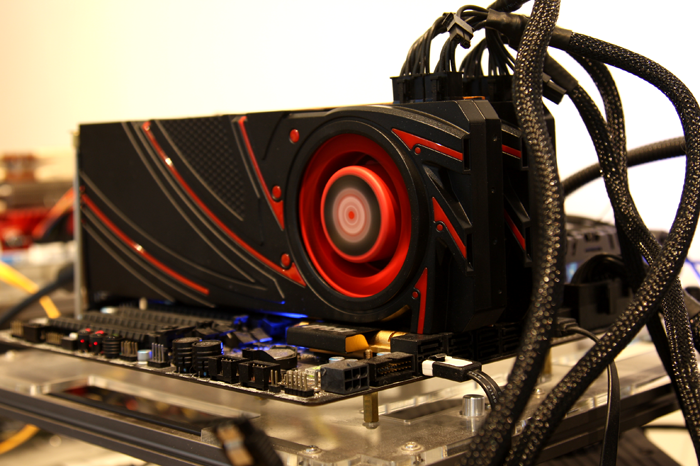Hello. I am looking for a silent PSU for my next build. Looking online the corsair RM series comes up a lot as a very good PSU being very silent.
I had experience with BeQuiet Straight Power series before, and this was silent for me.
So the question is: Why is the Corsair RM PSU more highly rated in some forums than the BeQuiet Straight Power one?
Is the corsair more silent? Does it have better components?
Also what's the difference between the Corsair RMx (2018) 650W and Corsair RM (2019)?
Thanks for your opinions.
I had experience with BeQuiet Straight Power series before, and this was silent for me.
So the question is: Why is the Corsair RM PSU more highly rated in some forums than the BeQuiet Straight Power one?
Is the corsair more silent? Does it have better components?
Also what's the difference between the Corsair RMx (2018) 650W and Corsair RM (2019)?
Thanks for your opinions.







